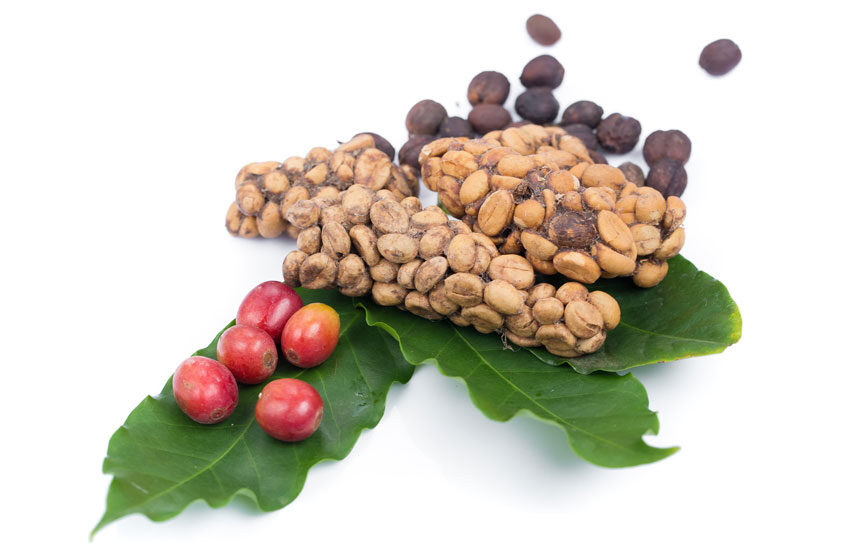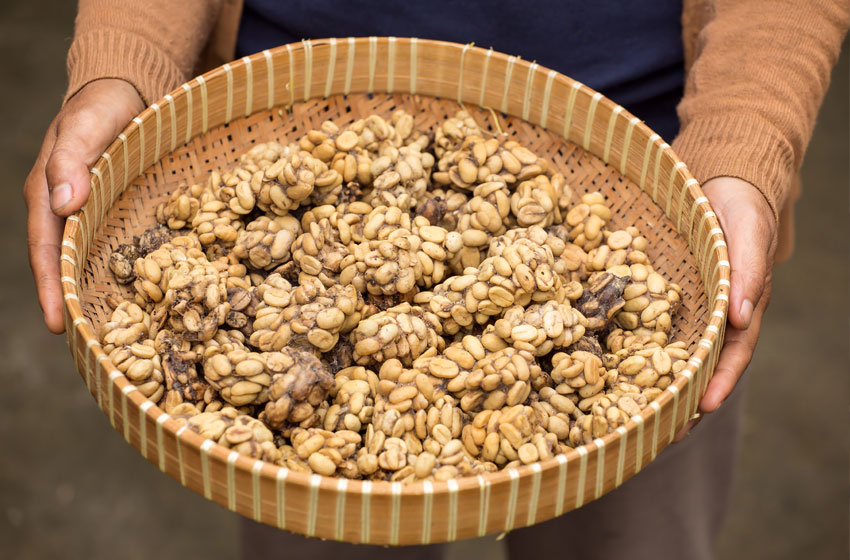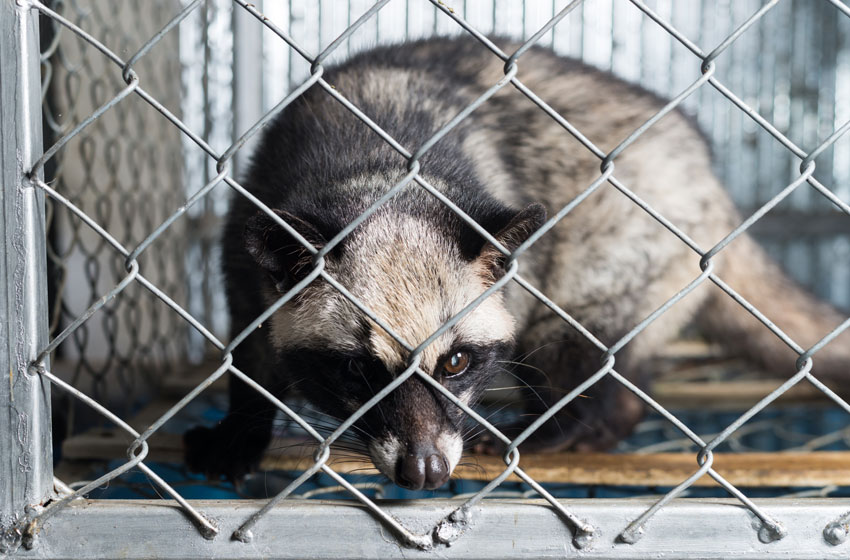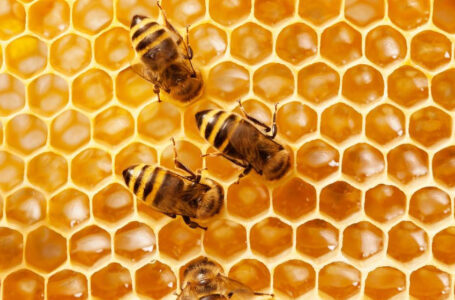The Disturbing Secret Behind the Most Expensive Coffee in the World

Regarded as the most expensive coffee globally, the Kopi Luwak has a long and illustrious history. However, this coffee is not your conventional coffee. It is excreted by Civets! Civets are cat-like mammals, and these mammals produce this coffee through excrement. This may sound strange and mysterious, yet it is true. A cup of the Kopi Luwak can sell for $80 in the US. That’s how expensive it can be.
Civets are creatures with cat-like faces and long tails like monkeys. They also resemble raccoons because of their face markings. Found in sub-Saharan Africa and Southeast Asia, these creatures play an essential role in the animal food chain. They are known to eat small reptiles and insects alongside mangoes, cherries, and other wild fruits. Despite being hunters, they are also hunted by other predators like Crocodiles, Snakes, and Leopards.

History of the Civet Kopi Luwak
The trade of Civet coffee is quite popular. In Indonesia, a country with a large civet population, these creatures were initially viewed as pests because they raided farms, but as time went on, the local Kopi Luwak industry began to boom. This boom led to the rearing of civets by farmers for their valuable dung. After consumption, the digestive enzymes in their system change the structure of proteins in coffee beans. These changes remove some acidity, so the end product is a smoother coffee with little or no acid.
Caged Civet
As the legend of the Kopi Luwak grew, many tourists became interested in the legendary creature and made the long trip to Indonesia to see them. Unfortunately, the demand for Civet coffee led to the confinement of many civets in cages. While this meant more money for farmers, it also impacted the quality of life of many of these animals. Researchers at Oxford University Wildlife Research Unit and World Animal Protection, a London-based nonprofit organisation, evaluated the living conditions of 50 caged civets across 16 plantations in Bali, Indonesia. The results of the study were disheartening.

Terrible Living Conditions
Many of the cages were either too small or untidy. Placing them in confined spaces was not the only problem the researchers discovered. They also found out that all the plantations failed in the most basic welfare standards required for animals. Some of the cages were too small to accommodate the civets. Even worse, some of them were stained with their urine, and there were droppings all over the place. Some were looking emaciated, having been fed solely with coffee cherries. In addition, there were obese civets that were unfit because they were not allowed to move freely. The deplorable conditions noticed were common in almost every plantation visited.
Most disturbing of all was that some of the animals were either forced to stand in their cages, sit or sleep round the clock. Access to water and the inability to interact with other animals were some other noticeable issues. One would hope that the civet rearing farmers value the civets as much as they value their poop and treat them better.
If you find yourself in Bali enjoying this exotic coffee, don’t bother buying to bring some home. They will be seized on arrival by Australian border control.







